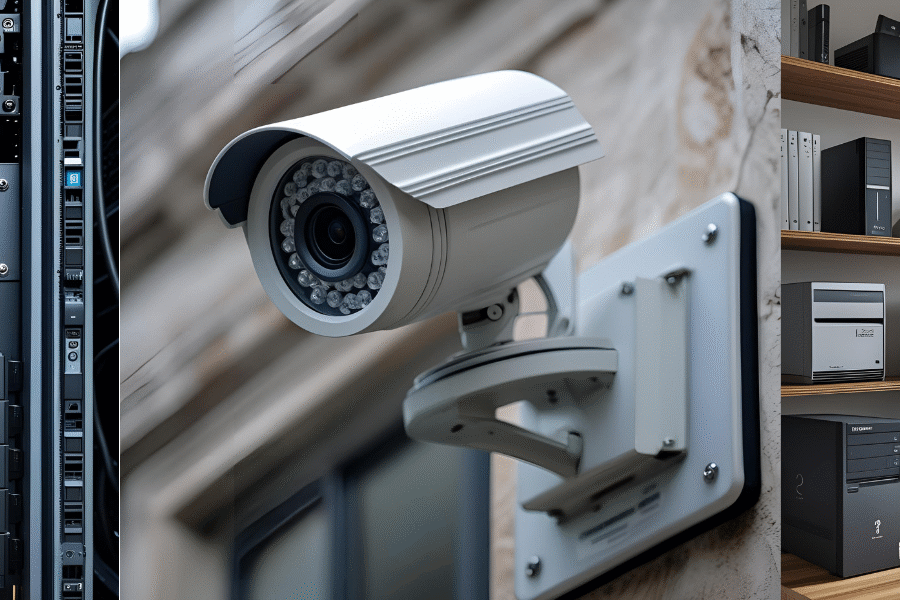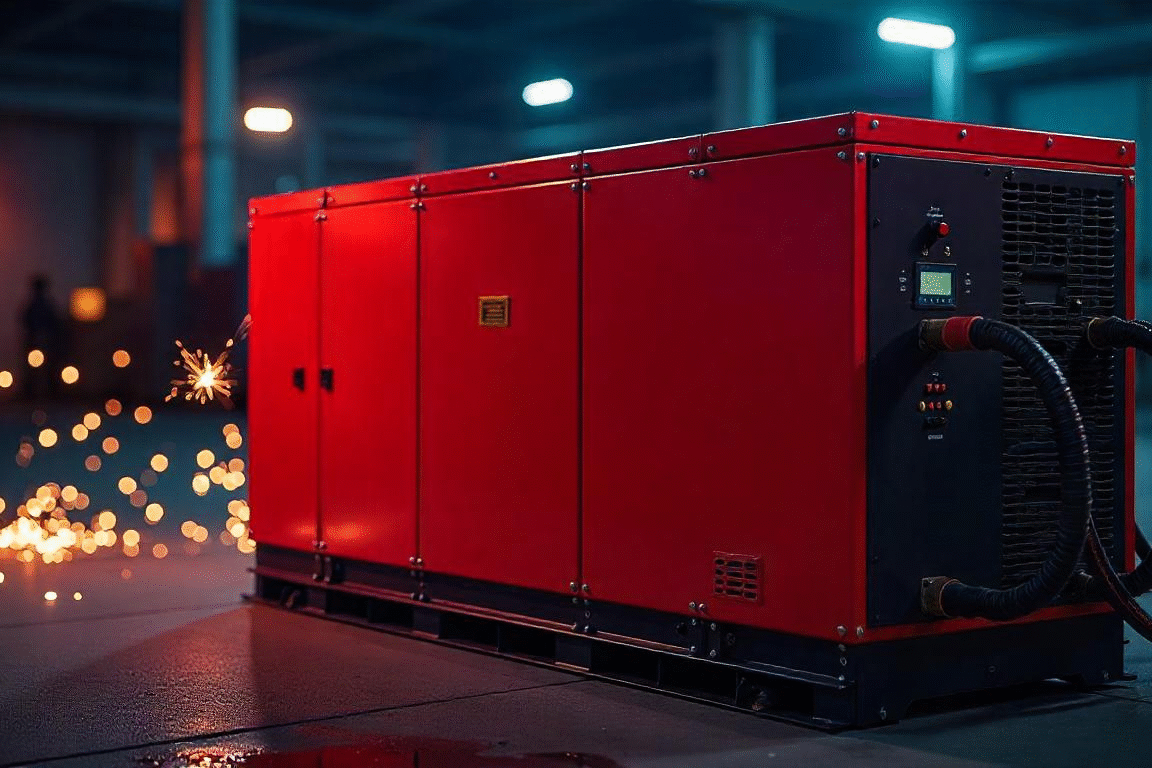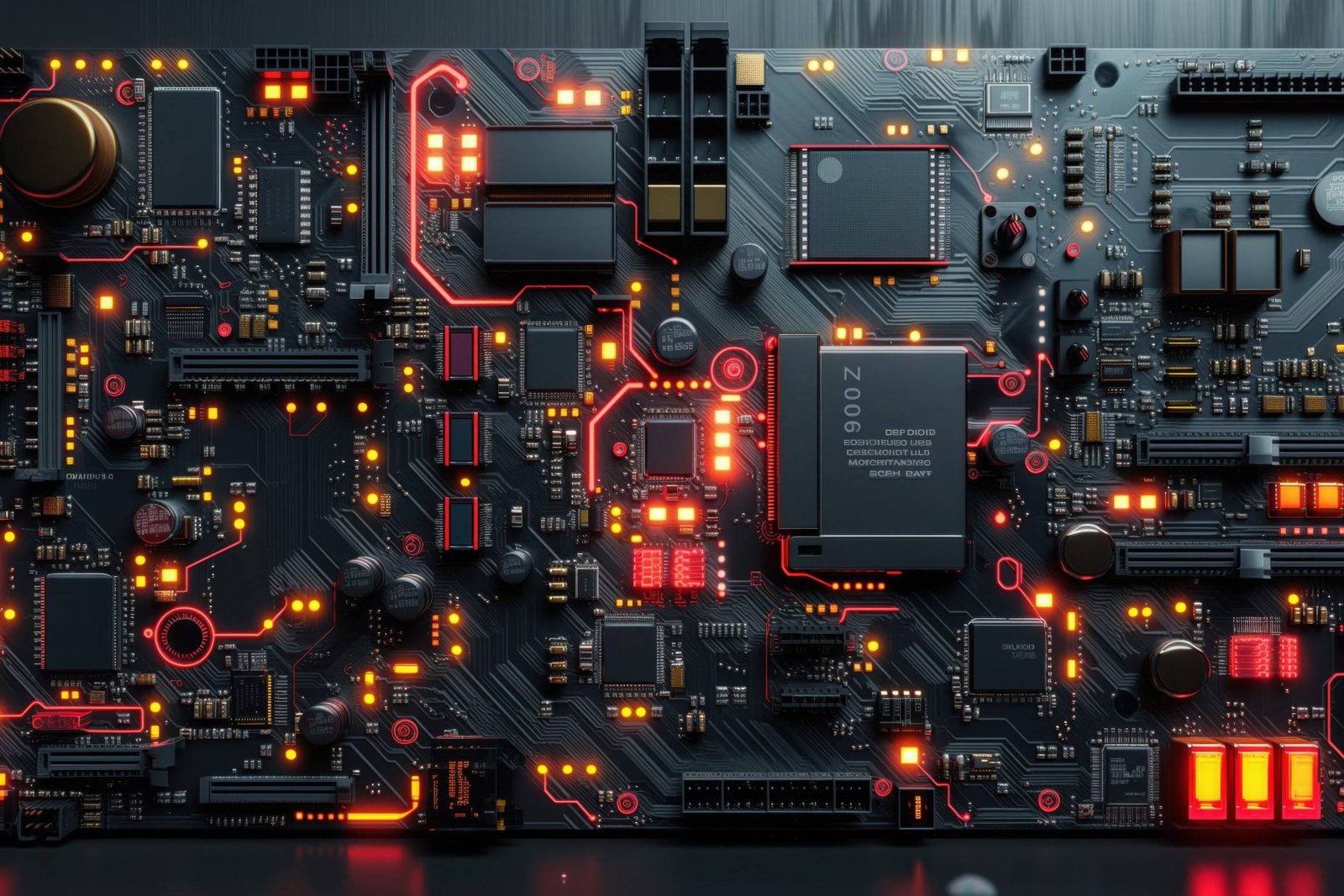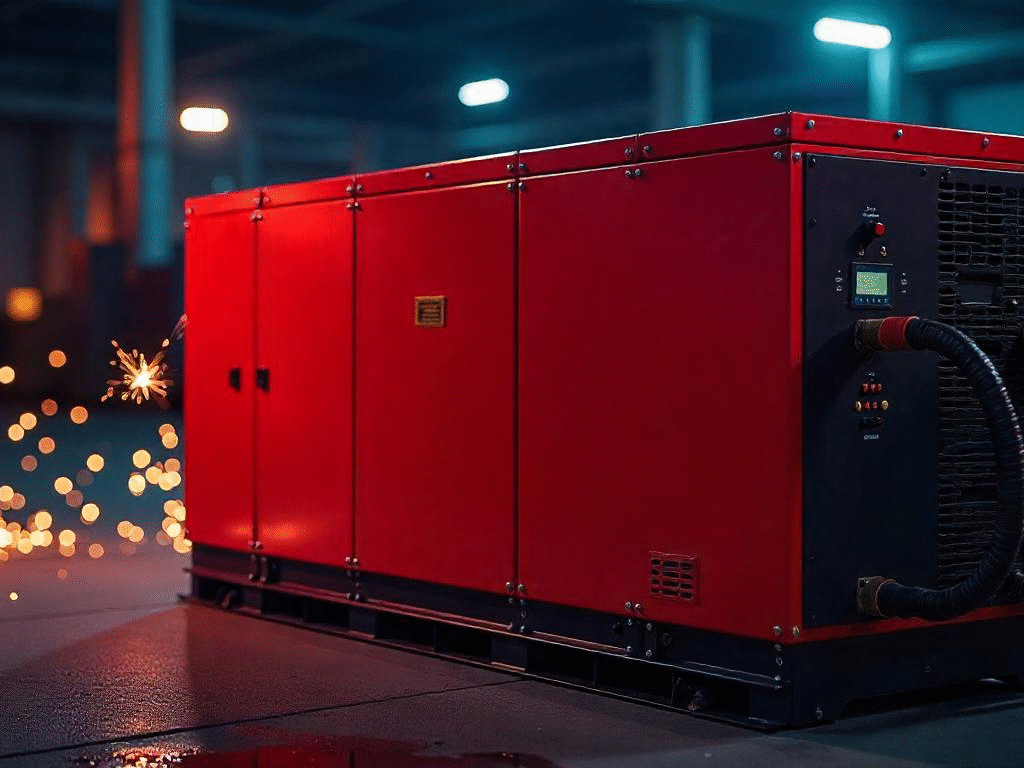In business-critical environments from healthcare and data centers to industrial plants and large events, power interruptions can spell disaster. Whether it means losing data, halting operations, or putting lives at risk, planning for uninterrupted power is non-negotiable. That leads to a key question: Should you rely on a UPS system or a generator? Or is the best answer a combination of both?
Understanding UPS Systems
A UPS (Uninterruptible Power Supply) is a battery-based device designed to offer seamless power support. The moment primary power fails, the UPS activates, almost instantly, keeping sensitive systems alive and protecting against data loss or downtime. Its typical applications include:
- Stabilizing voltage and preventing power surges
- Maintaining continuous power for servers, medical devices, telecom infrastructure, and IT equipment
- Automatically safe-shutdown for critical hardware
Understanding Generators
Generators, often diesel-powered, create electricity mechanically and can run for hours, or even days. They’re ideal for large-scale power backup, especially for industrial use, building operations, and remote sites. Generators:
- Handle long runtime without refueling
- Deliver high-power output for heavy-duty equipment
- Require proper installation and regular maintenance
- They are best chosen when power loss is prolonged or frequent
Key Factors to Consider
To make an informed choice, evaluate the following based on your operational needs:
1. Response Time
- UPS systems deliver immediate backup with zero transfer time.
- Generators may need time to start and stabilize voltage.
2. Duration of Backup
- UPS units typically support short-term power needs (15–60 minutes).
- Generators can provide sustained power for hours or days, if properly fuelled and maintained.
3. Cost & Investment
- A UPS costs less upfront but has limited runtime.
- Generators involve higher installation costs and maintenance overhead.
- Renting solutions are available for both ask about UPS and AC/DC Load Bank rentals to test setup first.
4. Use Case / Industry Requirements
- Data Centers, hospitals, and telecom facilities almost always rely on UPS systems to avoid data or service loss.
- Manufacturing plants, remote sites, and energy sectors often require generators for long-run reliability and heavy machinery.
5. Maintenance and Lifecycle
- UPS systems need battery replacement and periodic testing.
- Generators require scheduled servicing, fuel refills, and load testing, often via load bank services to ensure reliability.
When to Rent vs. Buy?
Rent a UPS or Generator When:
- You have a short-term project, event, or temporary facility needing backup.
- You’re upgrading or commissioning new infrastructure.
- You’re testing solutions before committing to a long-term purchase.
- You want to avoid upfront capital expenditure.
If you’re looking for UPS rent services, check our products that are available for rent
Buy a UPS or Generator When:
- You require permanent, reliable backup for critical systems.
- You need full control and customization over system configuration.
- You’re managing heavy or sensitive equipment that can’t tolerate delays.
Why Many Businesses Use Both
Combining a UPS and generator is common for environments where:
- Even a few seconds of interruption are unacceptable
- Load switching, data integrity, and safe shutdown are priorities
In such cases, a UPS handles the initial interruption, while the generator takes over if the outage extends beyond battery runtime.
Real-World Examples
- A hospital data center may use a UPS to protect servers and medical pumps, while a diesel generator powers HVAC and lighting over longer outages.
- An oil & gas facility might invest in a generator with a UPS buffer to ensure machinery and controls stay online during plant processing.
- At a remote event site, you could rent both a UPS for a smooth transition and a generator for ongoing power demands.
Elite’s Solutions for You
At Elite International Trading Est., our offerings include:
- UPS System Supply, Installation & Maintenance for critical installations
- AC and DC Load Bank Rentals & Testing services to validate your backup systems
- Generator rental or purchase, with testing and commissioning using load banks
- Battery Monitoring Systems ensure peak uptime and performance
Building a Tailored Power Strategy
Here’s a simple checklist to help plan your power backup strategy:
| Question | Answer Determines |
| How critical is uninterrupted power? | If yes → Include UPS |
| How long do outages typically last? | Short → UPS; Longer → Generator |
| Budget constraints | Renting may be better upfront |
| Need for scalability or flexibility? | Rental systems can adapt |
| Maintenance management | Providers like us offer service plans |
Final Thoughts
Choosing between a UPS and a generator isn’t about which is better; it’s about what works best for your operational needs. Sometimes, it’s both.
Want expert guidance? Contact us today to design a power backup plan that fits your business exactly.
Related Posts
July 9, 2025
Top 5 Benefits of Installing Industrial-Grade Surveillance Systems
When you are alone for days or weeks at a time, you eventually become drawn to…
July 9, 2025
Key Industries That Rely on Load Banks And Why
When you are alone for days or weeks at a time, you eventually become drawn to…
March 25, 2022
How to Choose Between Renting and Buying UPS Systems for Industrial Use
When you are alone for days or weeks at a time, you eventually become drawn to…




